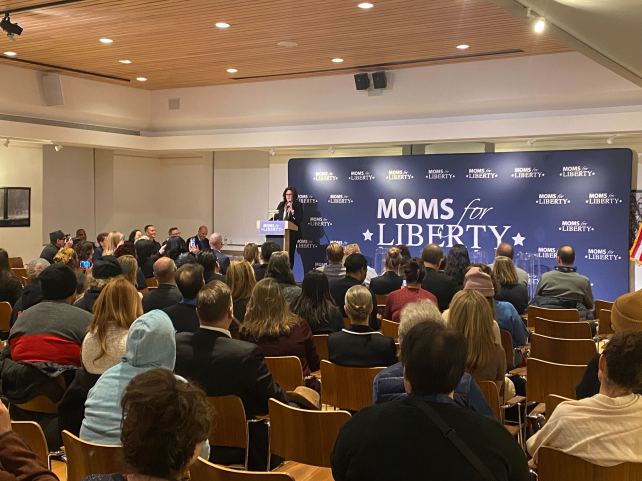The police response to the May 2022 school shooting in Uvalde, Texas, which killed two teachers and 19 elementary school students at Robb Elementary School, was significantly botched by “cascading failures of leadership, decision-making, tactics, policy, and training,” a damning review from the Justice Department found on Thursday.
The long-awaited report detailed systemic failures by both state and local law enforcement surrounding the massacre, one of the worst school shootings in US history, including the events that contributed to the 77-minute delay between the arrival of first responders and when the shooter was killed.
“The victims and survivors should’ve never been trapped with that shooter for more than an hour as they waited for their rescue,” Attorney General Merrick Garland said during a Thursday press conference discussing the contents of the report. “The families of the victims deserved more than incomplete, inaccurate, and conflicting communications from officials of their loved ones.”
According to the DOJ, several failures laid the groundwork for the much-scrutinized delay, including officers spending more than 40 minutes searching for a key to a door that investigators say had likely been unlocked. Investigators wrote: “Though the entry team puts the key in the door, turns the key, and opens it, pulling the door toward them, the CIR Team concludes that the door is likely already unlocked, as the shooter gained entry through the door and it is unlikely that he locked it thereafter.”
The report, based on a review of more than 14,000 pieces of data and more than 260 interviews, also directly called out Uvalde Consolidated Independent School District Police Department officials, including former police chief Pete Arredondo for instructing officers not to enter some classrooms until keys had been secured.





